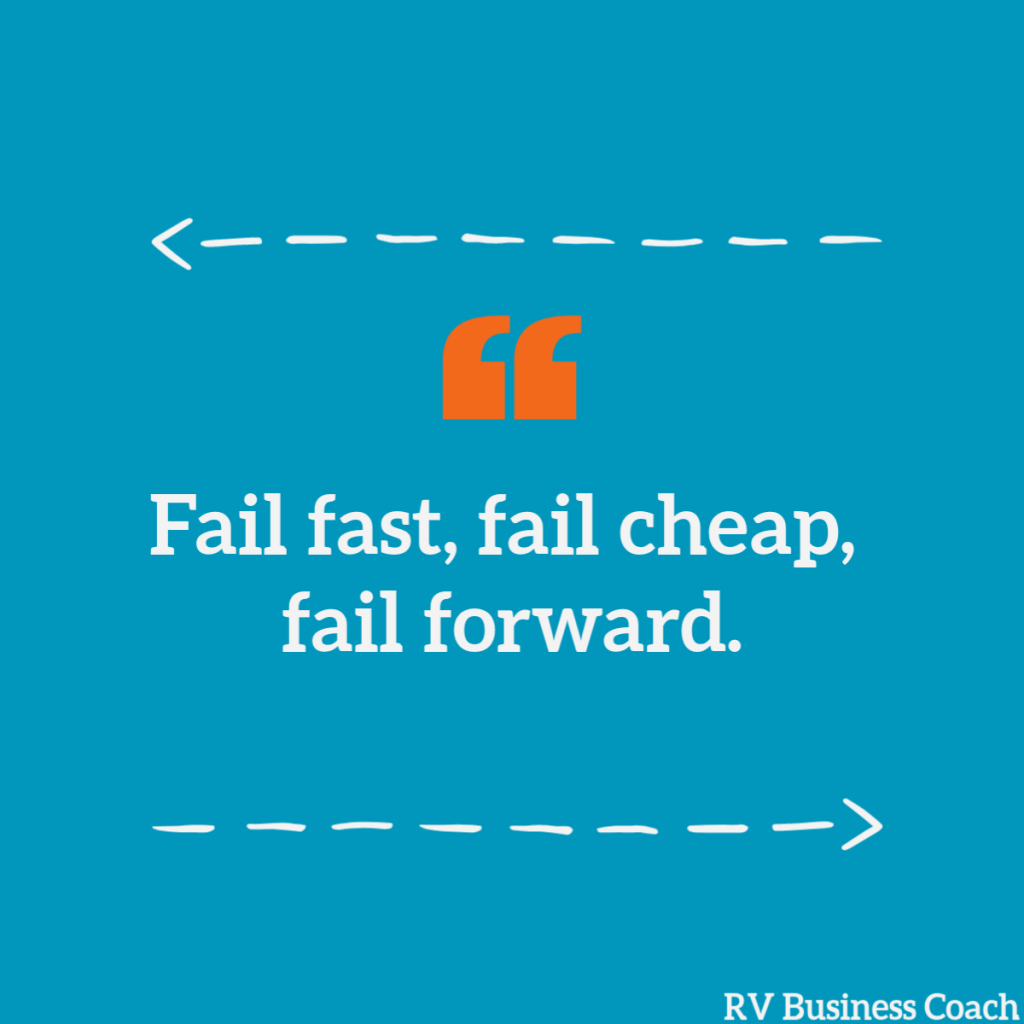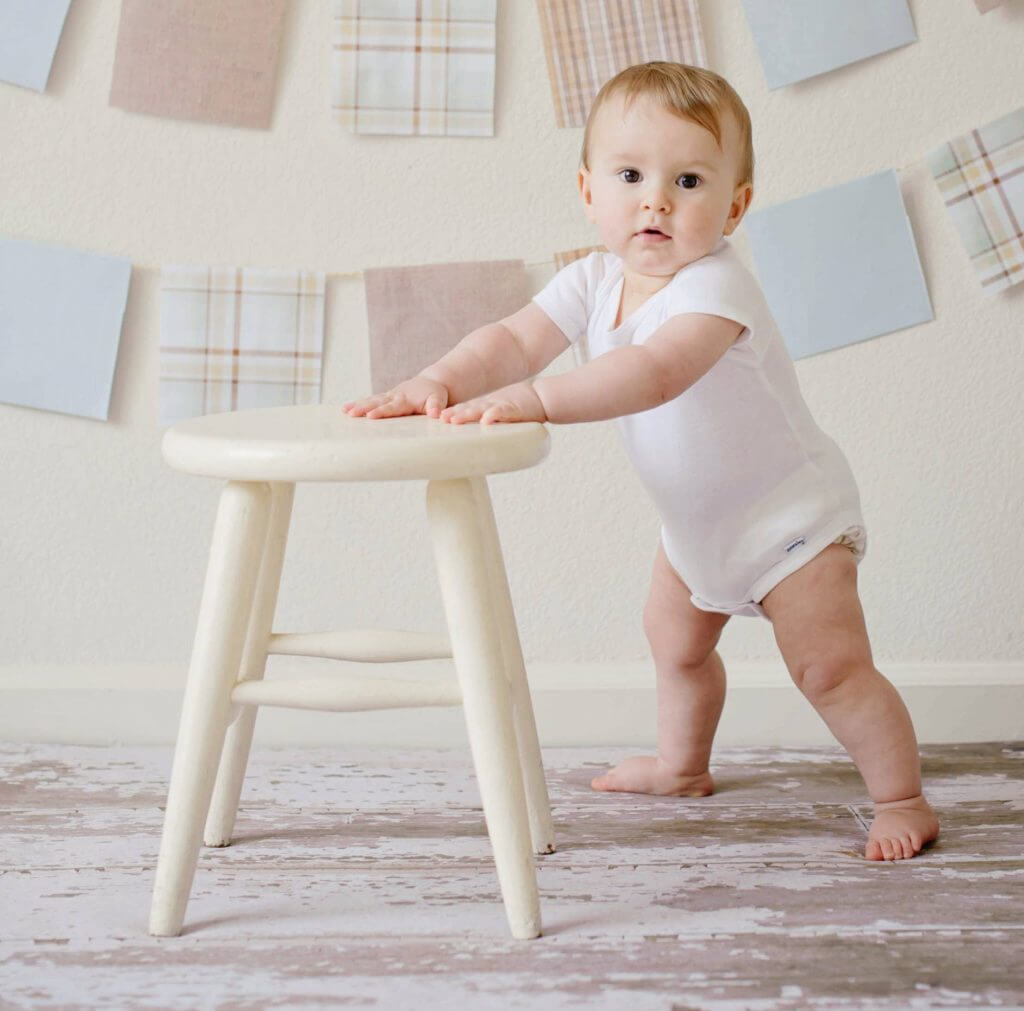- by Don
Why You Won’t Start A Business: Fear of Failure
This is part 2 of 6 in a 6 post series addressing the 5 horrible excuses people make to not start a business.
In a society brought up on the mantra “failure is not an option,” it’s no wonder the risk of failure is a daunting consideration for starting a business.
Failure: the word itself dredges up negative emotions. We spend a good portion of our lives trying to avoid failure and playing it safe.
But why is failure not an option?
Have you ever seen a toddler learning to walk? She pulls herself up, takes a step or two, loses balance, and falls down. And then she says, “Well, I tried to walk, but I failed. Fortunately, no one was around to see me fail this time. But I don’t want to be embarrassed by another failure, so I’m just going to sit here and never try to walk again. Because I sure don’t want to fail?”
Um…NO! Firstly, she’s a toddler. All she does is pull herself up and start walking again. As toddlers, humans are not really averse to failure.
Sadly, once we reach kindergarten, we are trained to avoid failure. In high school and college, we are encouraged to make our course selections based on chance of success or an easier A, in order to improve our GPA, rather than taking a chance to learn and grow.
By the time we’re in the corporate world a few years, we’ve been really well trained to avoid anything that may fail. Because if we fail, we might get fired, moved to another group, or passed up on a promotion.
Failure is Good
Which is really sad, when you think about it. Because the reality is, failure is good. It’s how we learn. It’s how we improve. As the old saying goes, “If you ain’t failing, you ain’t trying! And if you ain’t trying, you ain’t learning!”

The key is to fail in such a way that it promotes growth. A common saying is, “Fail fast. Fail cheap. Fail forward.” And this makes sense: when you try something new, set it up so that if you fail, you fail quickly. The sooner you fail, the faster you learn, and the more time you have to apply what you learned and try again. Likewise, if you’re going to fail, it’s great to fail before you’ve made a huge investment. And when you fail, make sure you learn from it, so you can keep moving forward.
2 Rules to Failure
My dad was a NASA engineer during NASA’s heyday: the 50s and 60s, back when America successfully sent men to the moon and brought them safely home again. When President Kennedy announced the goal of doing that within a decade, he didn’t know if it was possible – there was a high risk of failure in his goal.
But the engineers all knew there would be failures along the way. And they knew they had to accept those failures as part of doing business, learn from them, and move forward. One of my Dad’s former colleagues recently told me that their boss had two rules that contributed greatly to the success of the program:
Rule #1: When evaluating a new idea, always ask, “How long will it take to fail?” He knew that most things they tried would fail. And he knew that if they were afraid to fail, they’d never find the things that actually work. His main concern was going down a rabbit hole, spending lots of time and money, and then discovering that it wouldn’t work. So when they started a new idea, they’d always look for ways to make it fail quickly.
Rule #2: If it works, keep doing it. So if something worked on the Mercury program, it most likely got used again the Gemini program, and then used again in the Apollo program. He didn’t want to waste time trying new things for the sake of trying new things when they had something that they knew worked.
Rule #1 exemplified how we should approach failure: It’s not something to be avoided, but rather a key factor to be embraced to successfully move forward.
And Rule #2 reminds us to stay focused, improve on areas that are doing well, and not invoking change for change’s sake.
So, let’s apply this concept this week: What is something you can do this week that is likely to fail, but if it fails, will still move you forward? Let me know in the comments below!


